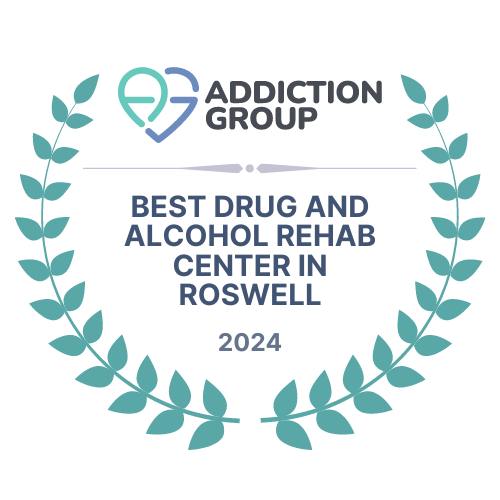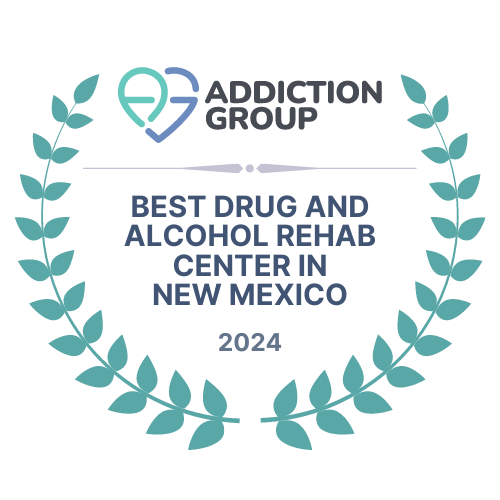The fentanyl crisis represents one of the most significant public health challenges of our time. This synthetic opioid, far more potent than heroin or morphine, has been a major driver of overdose deaths and has left a profound impact on communities across the nation. Understanding the depth of this crisis and exploring effective solutions is crucial in our fight against this epidemic.
The Scope of the Crisis
Fentanyl’s impact is widespread and devastating. The Centers for Disease Control and Prevention (CDC) reports a sharp increase in fentanyl-related overdoses, making it a leading cause of opioid deaths in the United States. These statistics reflect a grim reality for many communities grappling with the fallout, including strained healthcare systems, overwhelmed first responders, and families torn apart by loss.
Why Communities Are Struggling
The crisis is exacerbated by the drug’s potency and its ability to be mixed with other substances. Often, users are unaware they are consuming fentanyl, leading to
accidental overdoses. This uncertainty has fueled fear and anxiety in communities, especially among those who have experienced the loss of loved ones. The challenge is compounded by socioeconomic factors, including poverty, lack of access to healthcare, and limited resources for addiction treatment and prevention.
The Impact on Public Health Systems
Healthcare systems are under immense pressure due to the surge in fentanyl-related cases. Emergency rooms are often the first line of defense, dealing with the immediate effects of overdoses. However, the long-term treatment and rehabilitation of individuals addicted to opioids strain resources, requiring sustained medical care and support.
Law Enforcement and the Fentanyl Crisis
Law enforcement agencies face their own set of challenges, as the illicit manufacturing and distribution of fentanyl are constantly evolving. The efforts to intercept fentanyl supplies and dismantle distribution networks are crucial but often complicated by the drug’s potency, which poses risks even to those handling it.
Strategies for Combating the Crisis
Addressing the fentanyl crisis requires a multi-pronged approach, involving public health initiatives, law enforcement, and community engagement. Some of these strategies include:
- Increasing Awareness and Education: Public awareness campaigns are essential to educate communities about the dangers of fentanyl and the risks of overdose. These campaigns can also destigmatize addiction, encouraging individuals to seek help.
- Expanding Access to Treatment: Making addiction treatment more accessible is vital. This includes increasing the availability of medication-assisted treatments (MAT), such as methadone and buprenorphine, and supporting recovery programs.
- Naloxone Distribution: Widely distributing naloxone, an opioid overdose reversal drug, can save lives. Training first responders, community members, and even individuals who use drugs in naloxone administration is crucial.
- Supporting Harm Reduction Practices: Harm reduction approaches, like supervised consumption sites and needle exchange programs, can reduce the risks associated with drug use, including the spread of infectious diseases and overdoses.
- Enhanced Law Enforcement Efforts: Strengthening efforts to intercept the illegal supply of fentanyl, combined with targeted interventions aimed at dismantling trafficking networks, is essential.
- Community Involvement: Engaging communities in developing local solutions, providing support systems, and fostering environments that facilitate recovery can have a lasting impact.
Personal Stories and Community Responses
Highlighting personal stories of those affected by the fentanyl crisis can be powerful. These narratives, whether they are of loss, struggle, or recovery, put a human face on the epidemic and can galvanize community action and empathy.
Looking Forward
The fight against the fentanyl crisis is ongoing. It requires sustained effort, collaboration across sectors, and a commitment to addressing the root causes of addiction. By uniting as communities, supporting those in need, and implementing effective strategies, we can make significant strides in overcoming this public health emergency.
Take control of your well-being—reach out to Renew Health today. Your decision to seek help is a pivotal step toward a safer, healthier future. Let’s work together to overcome the challenges posed by fentanyl and pave the way to recovery.








